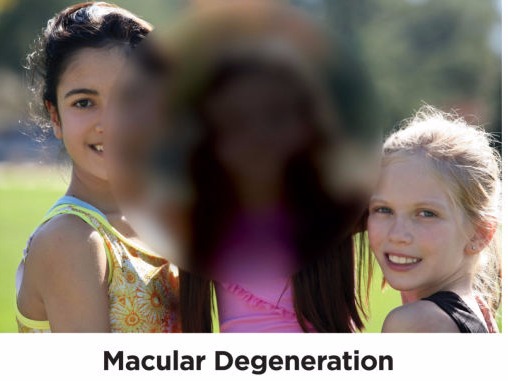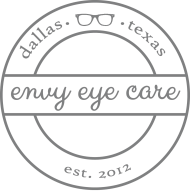Macular degeneration is caused by the deterioration of the central portion of the retina, the inside back layer of the eye that records the images we see and sends them via the optic nerve from the eye to the brain. AMD affects the macula, the small central area of the retina that maintains our sharpest vision.
There are two basic types of macular degeneration (Dry AMD and Wet AMD) found in older patients:
Dry AMD
Dry AMD is the most common form, affecting 85-90% of AMD patients. Dry AMD is due to a protein deposit in the macula that causes the retinal cells above them to lose function. Most patients will notice a gradual, painless loss of vision that progresses with time.
Wet AMD
Wet AMD is a more visually threatening condition and accounts for 10-15% of AMD cases. It is caused by leaky blood vessels in the retina. Wet AMD can cause sudden vision loss. The vision loss caused by wet AMD is often noticed by the patient once the condition is very serious.
Patients with wet AMD typically experience more significant vision loss than those with dry AMD.
Stargardt disease
Stargardt disease is a rare macular degeneration found in young patients that is caused by a recessive gene. One in 20,000–macular degeneration is diagnosed in children and teenagers. Stargardt affects both eyes and develops sometime between the ages of six and twenty, when kids notice difficulties in reading or adapting to bright light. Like other forms of macular degeneration, there isn't a cure for it yet.

